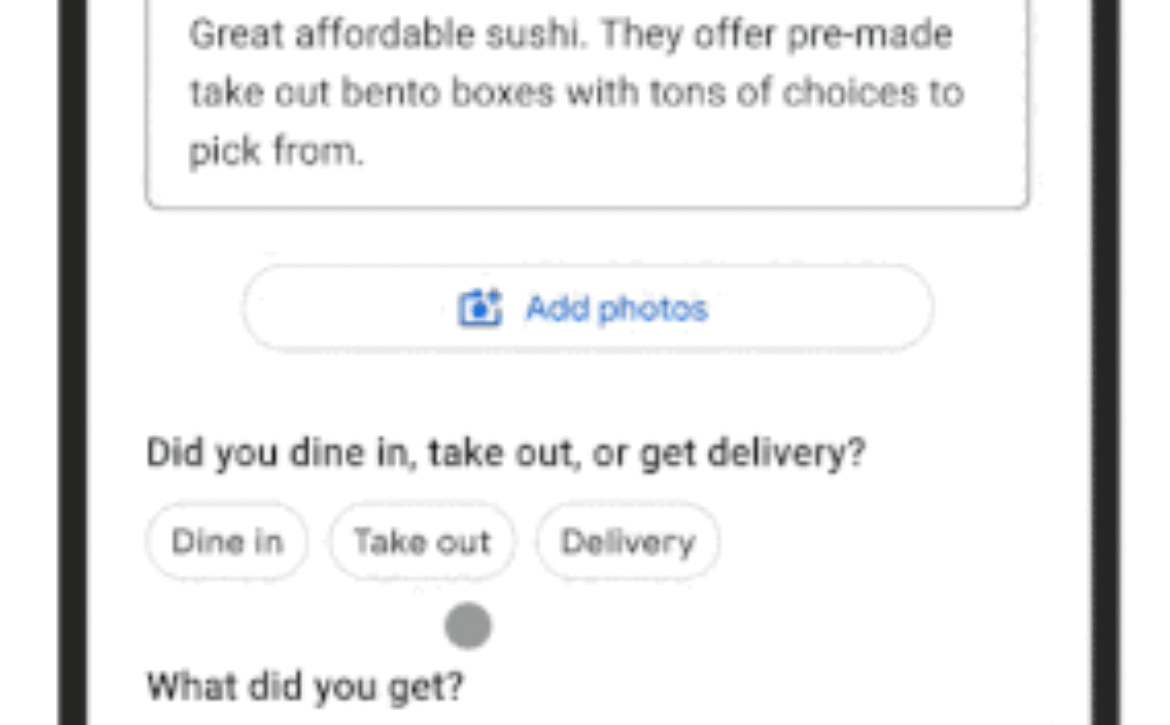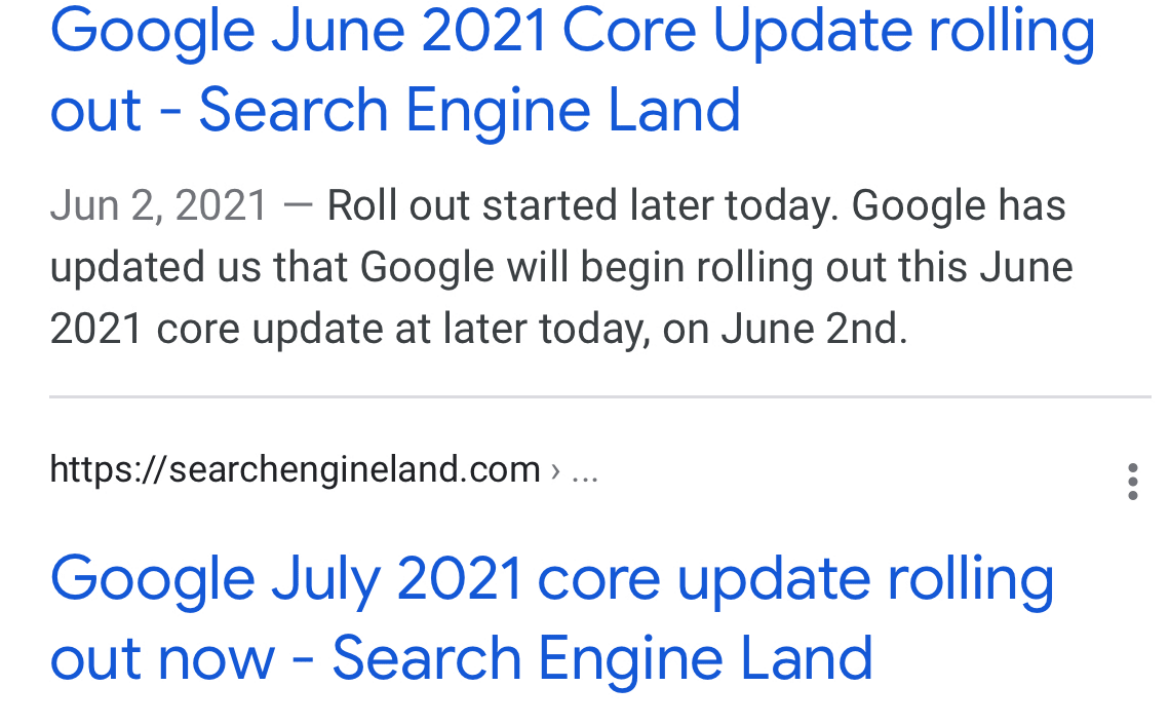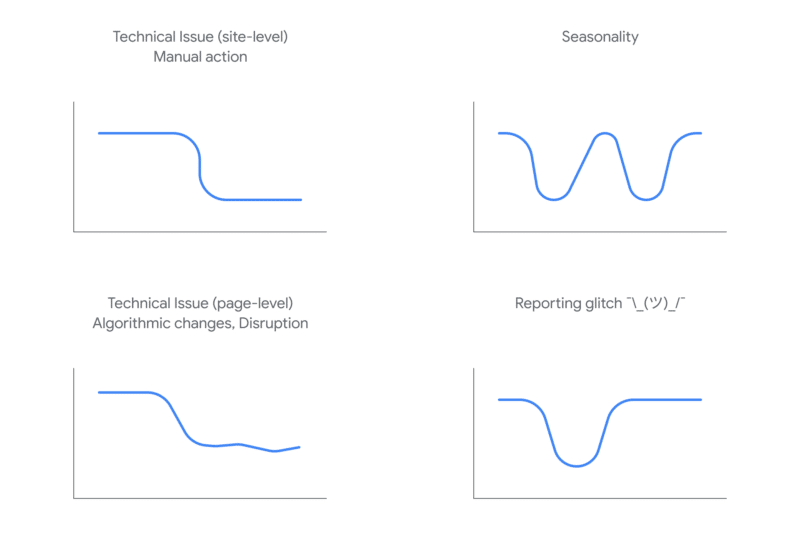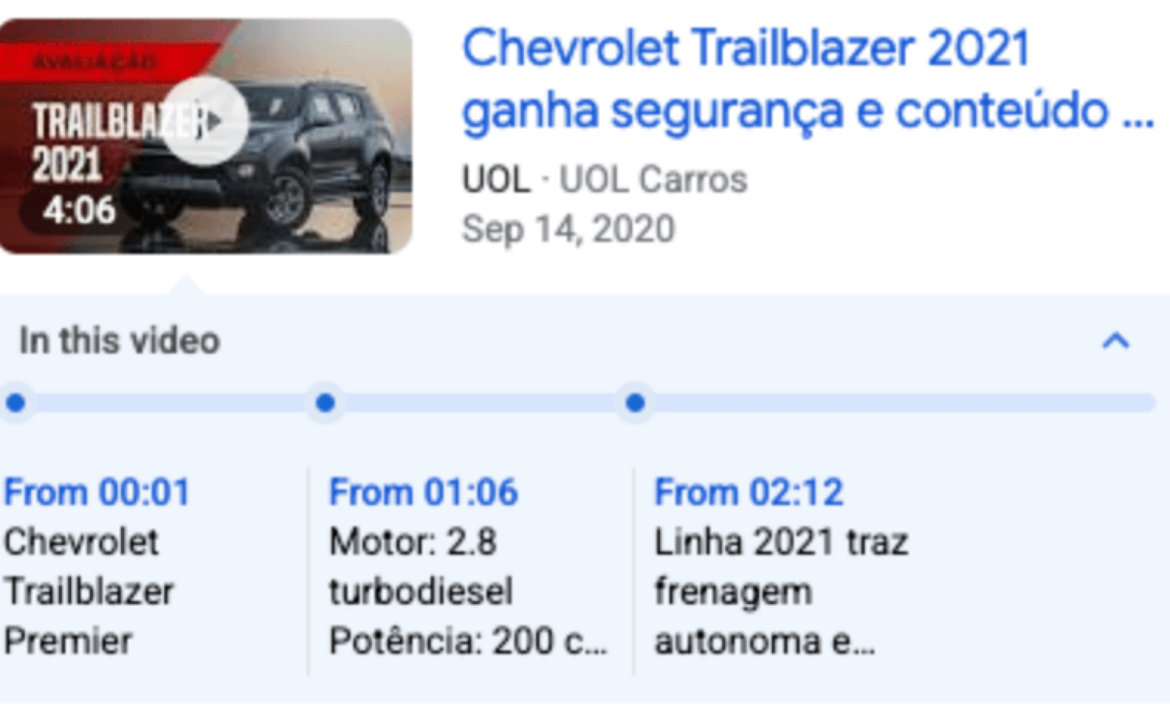Why search marketers don’t think a dedicated four-year degree is necessary; Thursday’s daily brief
Search Engine Land’s daily brief features daily insights, news, tips, and essential bits of wisdom for today’s search marketer. If you would like to read this before the rest of the internet does, sign up here to get it delivered to your inbox daily.
Good morning, Marketers, that was quite a reaction.
On Tuesday, I asked for your thoughts on a four-year degree specifically for PPC or SEO. Thank you to the many professionals who responded — you should’ve received a reply from me!
“My first reaction to your question was to say that a PPC/SEO degree would be useless, because everything you learned in the first year would be obsolete by the second or third year,” Rachel J. said, putting forth an opinion that was shared by many of you, “But then, as I reflected on my own marketing degree, I realized that the things I was taught weren’t tactical, they were evergreen concepts that would help build an understanding of marketing as a practice.”
Colin C. pointed out that updates from platforms and top-down government legislation would also impact the value of such a specific degree — “A digital marketing degree that includes the whole package, including need-to-know technical competencies is, to my mind, more worthwhile.”
And, I felt like Joseph J.’s take would resonate with the SEOs among us: “You go through the course and 8 Core Updates already got pushed live on Google, now you have to relearn a few things unless it was taught to you during the courses.”
What I uncovered, that I wasn’t expecting, is the desire for a curriculum that encompasses the day-to-day campaign work that we do and marketing principles that can prepare us for the next step in our careers. As someone who programs SMX, your responses are noted.
George Nguyen,
Editor
Users can now leave more detailed restaurant reviews on Google
Google has expanded restaurant reviews to enable users to include price range, the type of meal (breakfast, lunch, dinner, etc.) and whether they got take out, delivery or dined in. This feature is now available for mobile users on Android or iOS, and it is live for all restaurants in the U.S., with more countries and categories rolling out in the future.
While this is a user-oriented feature, restaurant owners can also use these expanded reviews to improve their customer experience and identify competitors that also offer delivery or operate in the same price range, for example.
Google has told us that filtering searches using this information isn’t possible right now, but that doesn’t mean that capability won’t eventually roll out — I have a strong hunch it will. If it does, users will have a new way to find the exact dining experience they’re looking for. And, Google has said that it plans to extend expanded reviews into more categories, so the impact this has on the restaurant industry will eventually be felt across other local business sectors.
Say goodbye to the standalone Maximize conversions and Maximize conversion value strategies

In April, we reported that later this year, advertisers would only see the Target CPA (tCPA) and Target ROAS (tROAS) Smart Bidding strategies as optional fields bundled with the Maximize Conversions and Maximize Conversion Value strategies, respectively. Well, we’re not quite at that point yet, but we are a bit closer.
“Advertisers will soon only see the updated fields Maximize conversions with an optional target CPA, or Maximize conversion value with an optional ROAS,” a Google spokesperson told Search Engine Land. “We have not yet and will not be switching existing Target CPA and Target ROAS strategies to these new fields (that will happen next year with much advance notice). This will have no impact on bidding behavior.”
So, if you don’t see the standalone Maximize conversions or Maximize conversion value strategies, this is why. There’s no word yet on when Google will switch advertisers’ tCPA and tROAS strategies to the new fields, but we’ll keep you posted when we find out.
Google announces new deals sections, promotional tools and expanded reporting ahead of the holiday shopping season

Ahead of the holiday shopping season, Google is launching new sections in its search results to showcase deals, rolling out tools to highlight promotions and expanding reporting capabilities in Google Merchant Center.
“Deals related to your search” is a new section within the Shopping tab that shows discounted or competitively priced products. And, when users search for deals during major retail sales events, like Black Friday, Google will show a new carousel that highlights relevant deals (shown above). When uploaded via Google Merchant Center, these promotions and deals are automatically shown to users on the Shopping tab, even if the retailer or manufacturer isn’t running ads on Google.
The company also rolled out the ability to indicate that a promotion is only available to first-time customers, and promotions can now be highlighted in the Shopping tab — this can be done through Google Merchant Center. And, the best sellers report in Merchant Center is getting expanded to include historical best seller data and relative demand data, both of which can be used to help retailers decide what to stock as they prepare for major shopping holidays.
The reviews are fake but the threat is real
“One would therefore assume, with Google’s world-leading AI that can translate 109 languages and identify poison ivy in the wild from a photo, the company should be able to spot obvious fake reviews,” wrote Mike Blumental, co-founder of LocalU and GatherUp, for his publication NearMedia, “And if that’s in fact the case, they should then be able to create a review environment that doesn’t help bad businesses look good.”
Fake reviews undermine all of the hard work that business owners and staff put in to improve their products, experiences and service. In articles and blog posts, the harm that these reviews inflict is usually an abstract concept — but in Blumenthal’s piece, entitled “The High Cost of Fake Reviews,” he opts for a concrete example of one business, Kelly Lift Equipment, that has defrauded customers of hundreds of thousands of dollars.
Having a 4.2-star rating, 123 reviews and a GMB listing with an address, hours of operation and phone number, Kelly Lift Equipment passed the at-a-glance legitimacy test for many, including Bill Scalise, whose experience was the basis for this article. Scalise, and many other victims, didn’t bother to dive deeper into the reviews or cross-reference the business’ BBB page prior to engaging with it — an oversight that would’ve revealed the scam he was walking into. Ultimately, it cost him nearly $18,000. Another victim said she was scammed for $120,000. That’s money that they no longer have, and money that doesn’t go towards supporting a reputable business.
Blumenthal’s takeaway was that, while buyers can and should be aware, platforms have a responsibility to ensure that their reviews can be trusted, especially when the platform regularly boasts about how capable its AI is.
The post Why search marketers don’t think a dedicated four-year degree is necessary; Thursday’s daily brief appeared first on Search Engine Land.





